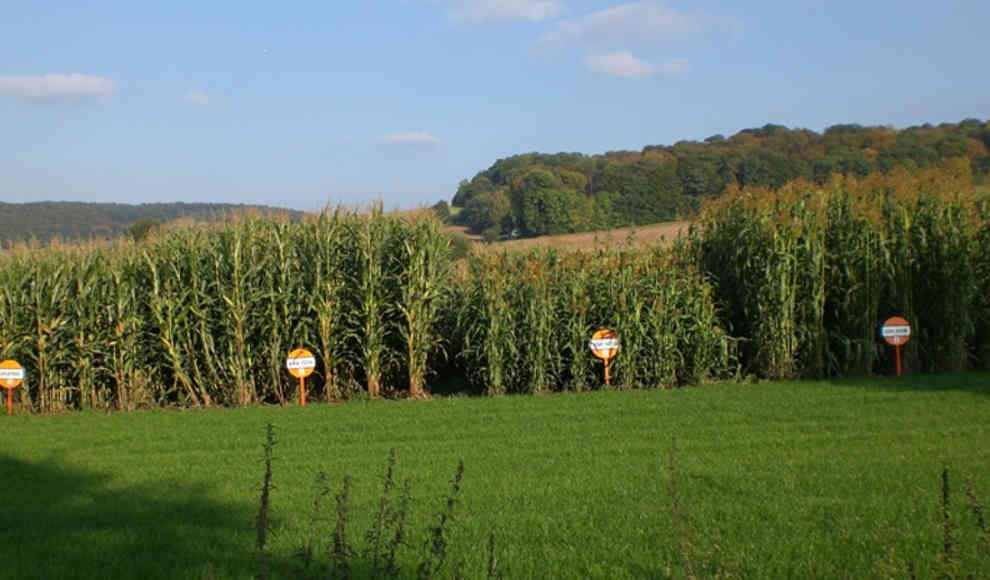Genetically modified foods have long been a controversial topic in Germany, with concerns over potential negative health effects and environmental impact. However, a recent meta-study conducted by scientists at the Scuola Superiore Sant’Anna in Pisa, Italy, has found that genetically modified maize, or Genmais, may not be as bad as its reputation suggests. In fact, the study found that compared to natural maize, Genmais has significantly lower levels of fungal toxins.
Despite being banned in many European Union countries, soy and maize are among the most widely grown genetically modified crops in the world, with Genmais accounting for almost a third of all maize grown globally. Typically, Genmais is genetically modified to produce the Bt protein, which is lethal to insects that consume the plant. However, concerns have been raised over the potential impact on non-target insects and the environment.
The meta-study analyzed over 6,000 studies published between 1996 and 2018, focusing on the environmental impact of Genmais, its effectiveness in controlling pests, and its impact on human health. The study found that Genmais had higher yields than conventional maize, reducing the need for additional insecticides. Additionally, the study found that Genmais had lower levels of fungal toxins, which can cause serious health problems in humans. Overall, the study suggests that Genmais may be a better option for both the environment and human health than conventional maize.










